Standard Pipe Size
ISO Standard Pipe Size
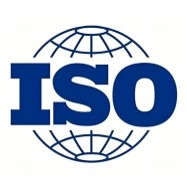
EN Standard Pipe Size

DIN Standard Pipe Size

BS Standard Pipe Size
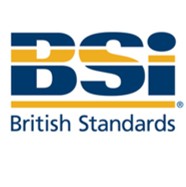
JIS Standard Pipe Size
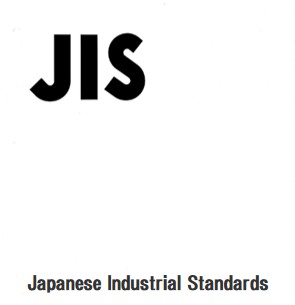
ASTM Standard Pipe Size
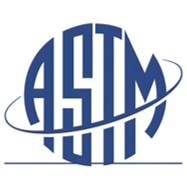
ASME Standard Pipe Size
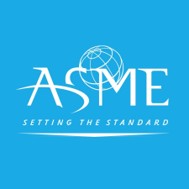
API Standard Pipe Size
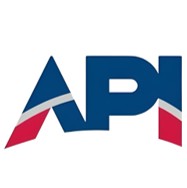
GOST Standard Pipe Size
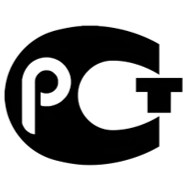
GB Standard Pipe Size
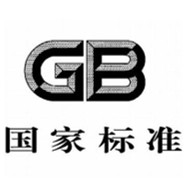
Standard Carbon Steel Pipe Size
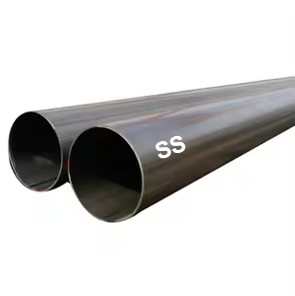
Standard Stainless Steel Pipe Size
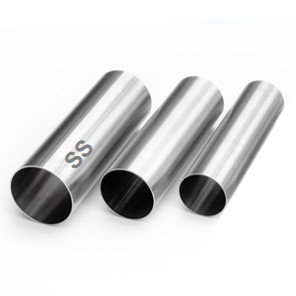
Standard Copper Pipe Size
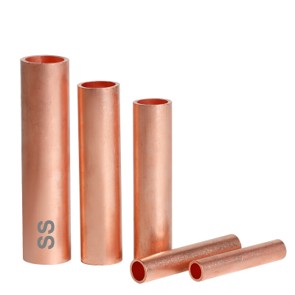
Standard Plastic Pipe Size
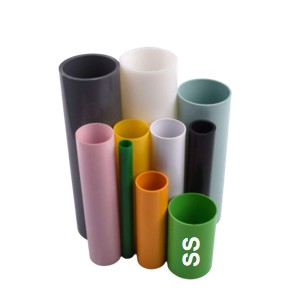
About Standard Pipe Size
1. International Standards.
ISO 4200: Welded and seamless steel tubes - Dimensions and masses per unit length. This is a fundamental standard for dimensional specifications.
ISO 1127: Stainless steel tubes - Dimensions, tolerances, and conventional masses per unit length.
ISO 3183: Petroleum and natural gas industries - Steel pipe for pipeline transportation systems. This is a critical standard for oil and gas pipelines, with requirements for material, testing, and delivery conditions. It has different product specification levels (PSL 1 and PSL 2) for varying requirements.
ISO 14692: Petroleum and natural gas industries - Glass-reinforced plastics (GRP) piping. For non-metallic piping in corrosive environments.
ISO 4427: Plastics piping systems for water supply - Polyethylene (PE). Covers materials, dimensions, and performance.
ISO 21003: Multilayer piping systems for hot and cold water inside buildings.
2. Key EN (European) Standards.
EN 10216: Seamless steel tubes for pressure purposes.
EN 10217: Welded steel tubes for pressure purposes. (Similar structure to EN 10216).
EN 10305: Precision steel tubes.
EN 12201: Plastics piping systems for water supply - Polyethylene (PE).
EN 806: Specifications for installations inside buildings conveying water for human consumption.
3. American National Standards.
ASTM standards define the material, chemical, and mechanical properties, as well as test methods.
A53/A53M: Standard for seamless and welded black and galvanized steel pipe. Common for structural and low-pressure plumbing.
A106: Standard for seamless carbon steel pipe for high-temperature service. Ubiquitous in power plants and process piping.
A312/A312M: Standard for seamless, welded, and heavily cold worked austenitic stainless steel pipe.
A333/A333M: Standard for seamless and welded steel pipe for low-temperature service.
A790/A790M: Standard for seamless and welded ferritic/austenitic stainless steel pipe (Duplex and Super Duplex).
B88: Standard for seamless copper water tube.
D1785: Standard for polyvinyl chloride (PVC) plastic pipe.
D2513: Standard for thermoplastic gas pipe.
B: ASME (Design & Application Standards).
ASME standards, particularly the B36 series and the B31 Pressure Piping Code, define dimensional standards and design rules for how to use pipes that meet ASTM material specs.
ASME B36.10M: Welded and seamless wrought steel pipe. Defines standard dimensions like NPS (Nominal Pipe Size) and schedule (SCH) for carbon and alloy steel.
ASME B36.19M: Stainless steel pipe. Defines dimensions for stainless steel pipe.
ASME B31 Code for Pressure Piping: The paramount design code.
C: API (American Petroleum Institute).
API standards are specific to the oil and natural gas industry.
API 5L: Specification for Line Pipe. The parallel standard to ISO 3183 for hydrocarbon pipelines. It specifies requirements for seamless and welded steel pipe in PSL 1 and PSL 2.
API 5CT: Specification for Casing and Tubing. For pipes used in oil and gas wells.
D: ANSI (American National Standards Institute).
ANSI does not write standards itself but accredits standards developers (like ASME and ASTM) and approves standards as American National Standards. You will often see "ANSI/ASME B31.1".
4. Other Important National Standards.
BS (British): Similarly, many BS standards have been replaced by EN standards (e.g., BS 1387 for threaded steel tube, now largely superseded).
JIS (Japanese): Common in Asia. Key standards include JIS G3452 (Carbon steel pipes for ordinary piping), JIS G3454 (Pressure service carbon steel pipes), and JIS G3458 (Stainless steel pipes).
GOST (Russian/CIS): GOST 3262 (Water and gas pipes), GOST 8732 (Seamless hot-rolled steel pipes), and GOST 10704 (Electric-welded steel pipes).